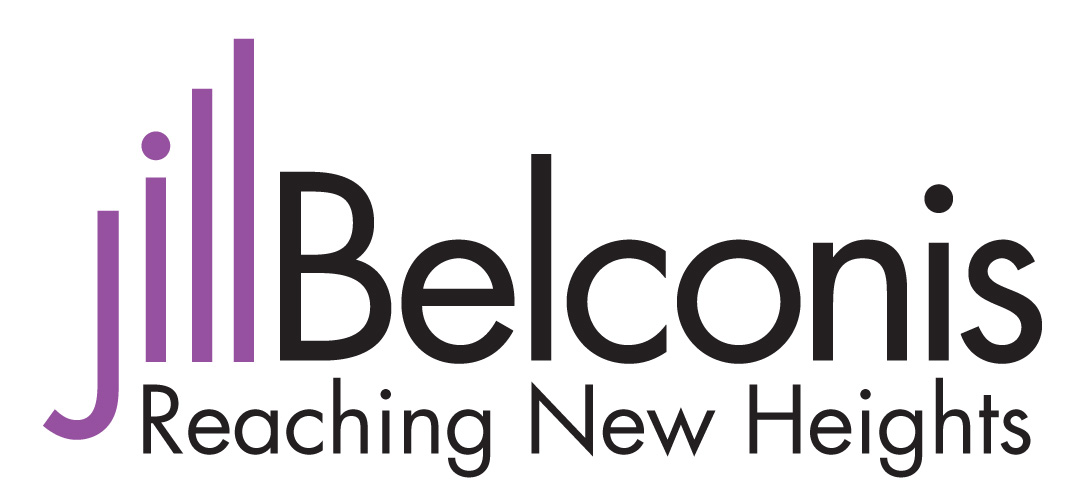Imagine leading a team from across the globe without them ever truly knowing who you are. With today's remote work landscape, this is a growing reality for leaders, but it doesn't have to be.
In an era of remote work and distributed teams, developing a strong personal brand may seem like an afterthought for leaders swamped with responsibilities. However, prioritizing your personal brand is no longer optional - it's imperative for success.
Often, leaders operate behind the scenes, but a strong personal brand empowers you to step into the limelight and truly inspire your team.
Here's how developing your personal leadership brand can benefit you:
Share your unique vision and values.
Communicate your leadership philosophy and distinguish yourself from the sea of generic leaders.
Connect at a deeper, more human level.
Crafting and sharing your leadership story makes you relatable, approachable, and influential.
Attract and retain top talent.
A compelling brand communicates why people should work with and follow you. This attracts talent who align with your goals.
Amplify your voice and impact.
A visible brand expands your reach, enabling you to share your message widely and drive change.
With remote and global teams, a strong brand builds connection and trust from a distance. So, how can you cultivate an inspirational leadership brand that sets you apart? Consider this framework:
Start with self-discovery.
Reflect deeply on your passion, strengths, values, and purpose. What unique leadership capabilities and perspectives could you share? Brand starts from within!
Craft your compelling leadership narrative.
Shape your personal and professional journey into a story that spotlights your leadership style. Be open about challenges you've faced and how experiences have shaped you.
Find your authentic communication style.
Bring your story to life in a way that resonates with you first, then adapt for your audience.
Strategically use platforms to build engagement.
Social media, speaking events, and internal communications offer visibility. Choose channels that allow authentic connections with your audience.
Be patient and consistent.
Personal brand building is a gradual process that compounds over time, much like your organization’s brand. Stay true to your core message while evolving.
Measure impact and refine.
Track meaningful metrics like employee satisfaction and retention. Adjust your brand approach based on what resonates.
While this framework offers one approach, explore other methodologies like Alan McLaren's “Five Steps to Success” for personal brand development. Alan says, “Personal Branding is the only remaining true differentiator – people trust people, not companies.”
Ultimately, the method you choose should align with your goals and values. The most important thing is that you do it!
Your personal brand is a dynamic representation of who you are. Treat it as a journey of continuous growth rather than a fixed destination.
With an authentic brand, you can inspire your team to reach new heights, whether they’re near or far!


